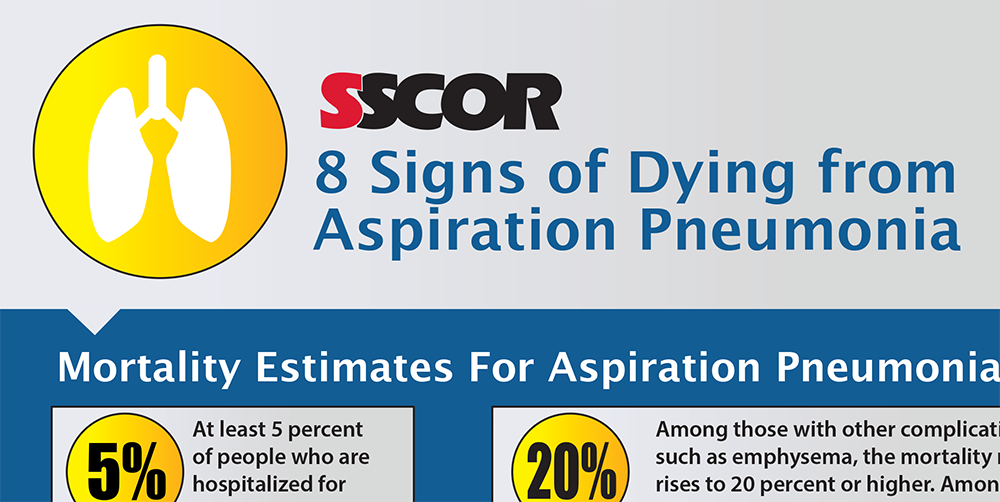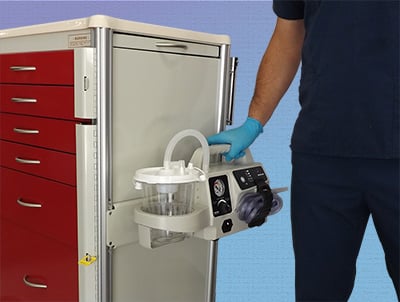Supraglottic airway devices are a mainstay of emergency management. They open the upper airway, allowing a person to breathe when there is an airway obstruction. Supraglottic devices such as the laryngeal mask airway (LMA) were once primarily used in surgical settings where a patient was under general anesthesia. Today, these devices are standard in many first responder’s kit because of their ability to quickly and safely secure the airway. When tracheal intubation or mask ventilation fail or become impossible to manage, a supraglottic airway can fill the void, preventing or treating serious respiratory emergencies.

















